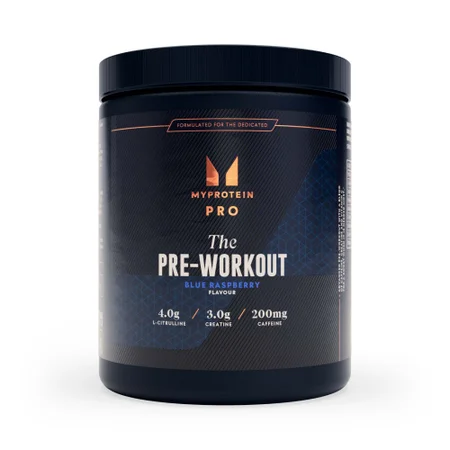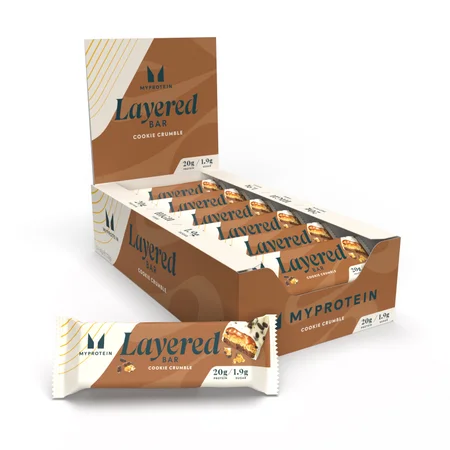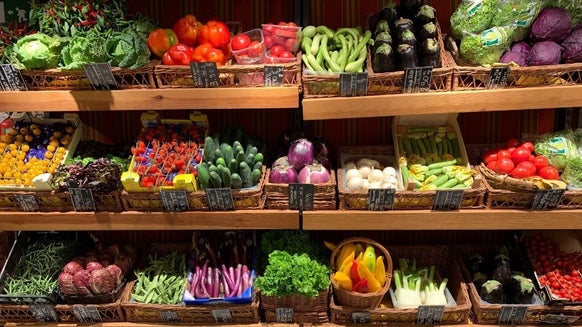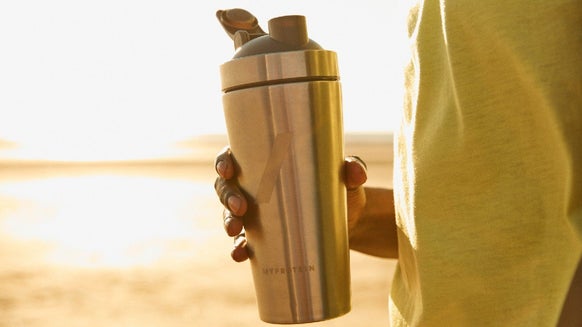Will A Cheat Meal Impact Your Goals? | This Week’s Top Studies
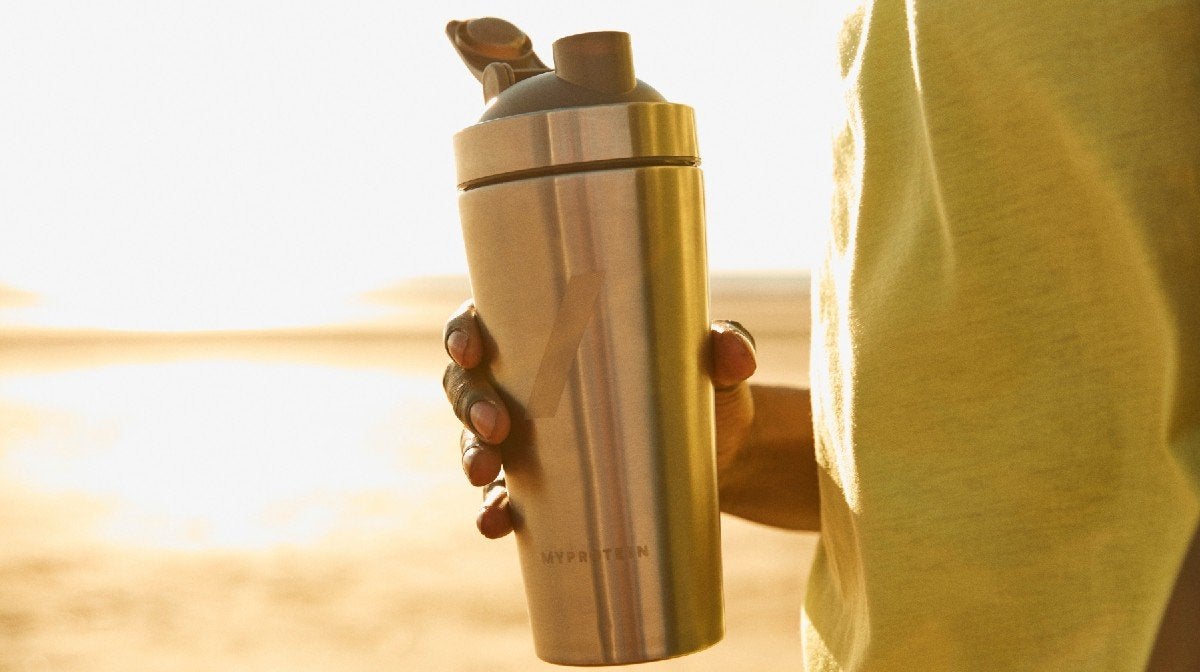
If you want to know more about the inner workings of your body, then reading up on studies is a great place to start. From learning more about how to fuel your workouts to the best training methods, there’s plenty to learn and experiment with ourselves.
This week, we’re looking at how well the body copes with one-off indulgence and the effect of a high-sugar diet on your training. Let’s get started.
Can you cope with one-off indulgence?

We all love a cheat day every now and again (some of us more than others...) but for some, there’s a worry that it can have an impact on your goals. Well, you can put that worry to rest according to this latest study.1
According to a new study, our metabolism is pretty great at dealing with a huge influx of calories every so often.
To get the results, researchers asked a group of young men to eat pizza, firstly, until they were comfortably full and then on another occasion until they couldn’t possibly eat another bite.
They found that the participants could eat around double their usual limits which therefore doubled their calorie intake. The blood results, however, showed some unexpected results as their nutrient levels remained within a normal range.
Blood sugar and lipid (fat) levels in the blood showed very little change between the two meals, however insulin production increased by around 50% after the larger meal.
This suggests that overeating every so often won’t have a negative effect on metabolism, but the researchers have been quick to warn that overdoing it too regularly can have consequences.
Do you enjoy a cheat day, or do you treat yourself to a little something most days? Finding what works for you best in terms of lifestyle and how you feel is always best, but it’s nice to know a big blowout on pizza every so often won’t do too much damage.
Can your sugar intake impact your gym progress?

Calling all sweet-tooths, this one’s for you. We all know that too much sugar isn’t the best for us, but according to this next study, it could be having a negative impact on what you reap from your training too.2
According to the research, having very high blood sugar levels can make it much more difficult to improve your aerobic exercise capacity.
The study was carried out on mice of two different groups. The first group saw a rise in blood sugar from consuming a western diet hight in sugar and fat, while the second group were modified to produce less insulin, which in turn led to a higher blood sugar level.
They found that even though both groups kept to a strict exercise regimen, neither group saw an improvement in their aerobic capacity. In fact, when they looked more deeply at the mice’s muscle, they found that it wasn’t adapting for aerobic exercise like it usually should.
Researchers have also followed this research up with tests on young human participants with similar results. They found that those with higher blood sugar levels showed the lowest aerobic exercise capacity.
Despite the lack of changes in aerobic fitness, some positives were seen from the exercise regime, including fat loss and better glucose metabolism. This suggests there are still definite benefits to exercise whether you have high blood sugar levels or not.
Like a lot of studies, this one seems to back up the fact that gains are made just as much in the kitchen as they are in the gym.
Take home message
Whether you’re looking for an excuse to indulge in a cheat day pizza, or simply wanted to understand better how nutrition can impact your training, these two studies have definitely given us some interesting insights.

Evangeline has taken part in competitive sports since a young age. As a qualified RYA Dinghy Instructor, she understands the importance of proper nutrition for fuelling extreme and endurance sports, especially due to her experience in Team GBR Squads and captaining and coaching her University first team.
In her spare time, Evangeline loves running – especially marathons. On the weekends, you’ll find her taking on water sports or hiking up a hill. Her favourite evenings are spent taking on a HIIT session or squats in the gym before digging into some spicy food and a ton of vegetables – yum!
Find out more about Evie's experience here.
1. Hengist, A., Edinburgh, R. M., Davies, R. G., Walhin, J. P., Buniam, J., James, L. J., … & Betts, J. A. (2020). Physiological responses to maximal eating in men. British Journal of Nutrition, 1-11.
2. MacDonald, T. L., Pattamaprapanont, P., Pathak, P., Fernandez, N., Freitas, E. C., Hafida, S., … & Lessard, S. J. (2020). Hyperglycaemia is associated with impaired muscle signalling and aerobic adaptation to exercise. Nature Metabolism, 1-16.
